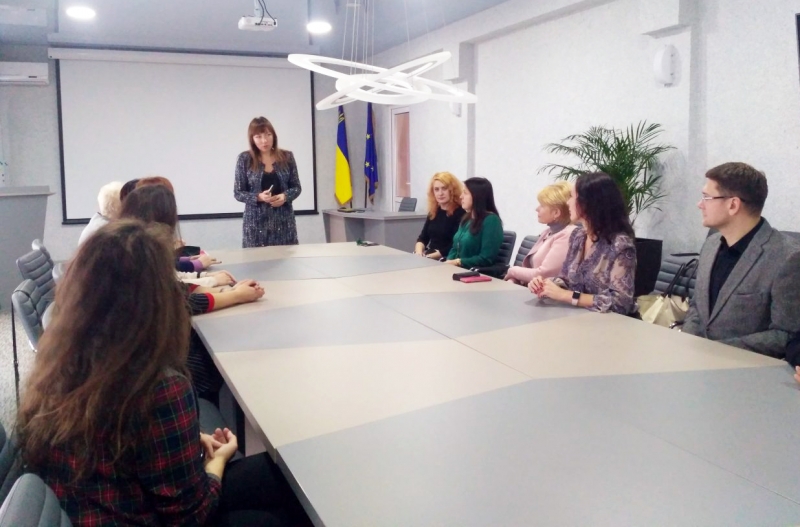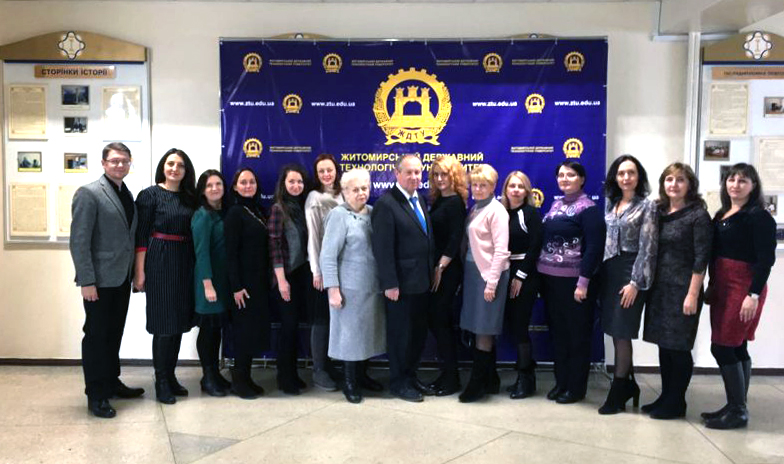Студенти спеціальності «Облік і оподаткування» впевнено тримають позиції лідерів у ІІ етапі Всеукраїнського конкурсу бакалаврських та магістерських робіт
22 листопада 2018 р. вже втретє на базі Житомирського державного технологічного університету відбувся Всеукраїнський конкурс бакалаврських та магістерських робіт зі спеціальності “Облік і оподаткування”. Як і попередні, так і нинішній конкурс відбувався в умовах високої конкуренції: із 49 закладів вищої освіти було подано 103 магістерські та 38 бакалаврські роботи. За результатами їх розгляду конкурсною комісією, відкритого обговорення та оцінювання за визначеними критеріями до складу переможців ввійшли двоє студентів економічного факультету нашого університету. Зокрема, дипломами І ступеня відзначені магістерська робота Олександра Кривошея (науковий керівник – д.е.н.. професор, завідувач кафедри обліку та оподаткування Євгенія Калюга) та випускна бакалаврська робота Світлани Заболотної (науковий керівник – д.е.н., професор кафедри статистики та економічного аналізу Василь Савчук).

Не можна не відмітити, що уже другий рік поспіль відбулося одночасне завоювання двох призових місць.
Загалом, конкурсна комісія відмітила високий рівень робіт, які подано на конкурс. Водночас, вирішено направити закладам вищої освіти наступні рекомендації щодо покращення якості бакалаврських та магістерських робіт: посилити наукову обґрунтованість пропозицій в магістерських роботах із застосуванням математичних методів; здійснювати підтвердження актуальності теми роботи, базуючись на статистичних дослідженнях; дотримуватися тенденції скорочення обсягу магістерських робіт з метою уникнення плагіату, дотримання наукової доброчесності і висвітлення в роботах виключно власної наукової думки.

Таких вимог намагались уже дотримуватись наші переможці у цьому конкурсі. Із вдячністю за прославлення ім’я рідного університету вітаємо студентів Олександра Кривошея та Світлану Заболотну, їхніх наукових керівників – Євгенію Калюгу і Василя Савчука та бажаємо невичерпної енергії, натхнення, оптимізму і нових плідних конкурсних здобутків!
Наталія Кузик,
доцент кафедри обліку та оподаткування